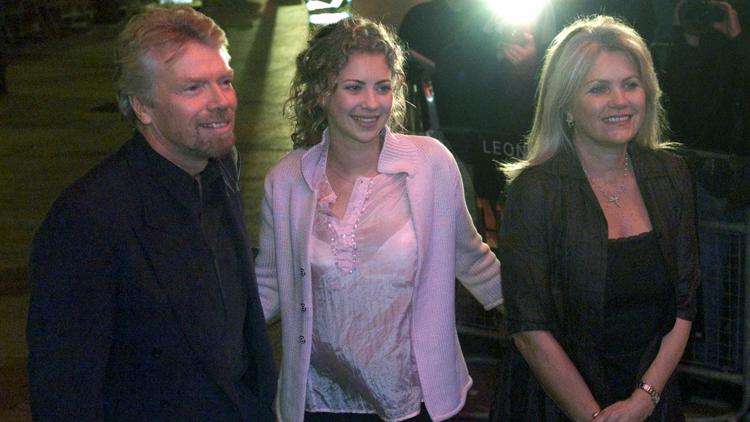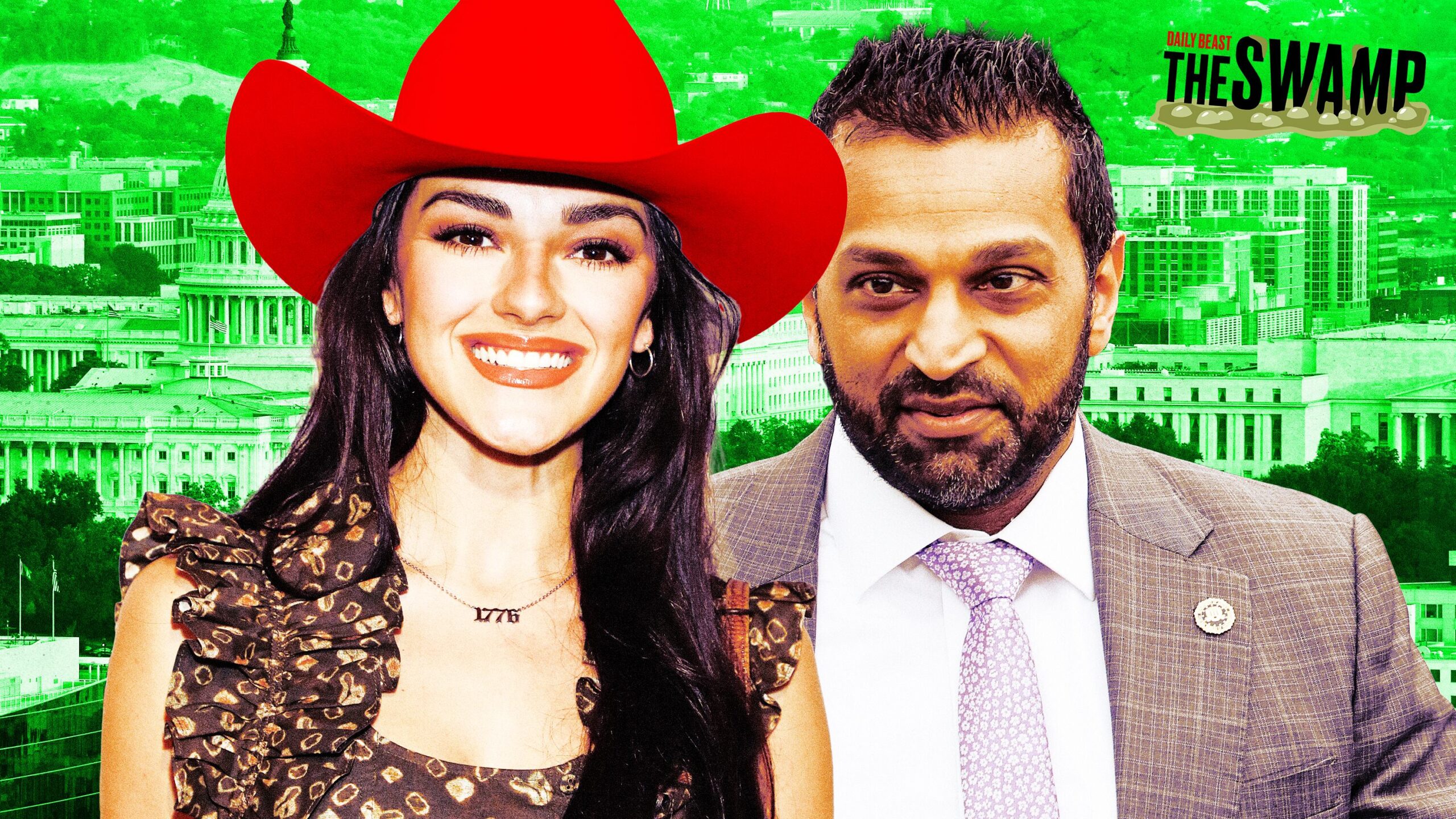BBC Faces Backlash for Allegedly Editing Trump’s Criticism

Rutger Bregman, a prominent Dutch historian, has raised concerns regarding alleged censorship by the BBC. He claims that a critical remark he made about former President Donald Trump was removed before a lecture scheduled for broadcast on March 5, 2024.
Bregman stated that during his talk, he referred to Trump as the “most openly corrupt president in American history.” He expressed frustration that this comment was omitted from the final broadcast. The historian’s remarks have ignited a debate about media representation and editorial control, particularly concerning politically sensitive topics.
Context of the Controversy
The incident highlights ongoing discussions about media bias and transparency. Bregman, known for his outspoken views on political corruption, has been a vocal critic of Trump, particularly regarding the former president’s policies and actions during his administration. His lecture was part of a series aimed at exploring the intersection of history and contemporary issues, making the content particularly relevant.
Following the removal of his comment, Bregman took to social media to voice his concerns, suggesting that the BBC’s actions reflect a broader issue of censorship within media organizations. He argued that such editing undermines the integrity of public discourse and limits the diversity of viewpoints that audiences encounter.
Implications for Media Freedom
The BBC, a widely respected public broadcaster, has a long-standing reputation for maintaining journalistic standards. However, this incident raises questions about how editorial decisions are made, especially regarding controversial figures like Trump. Critics argue that the removal of Bregman’s statement could signal an unwillingness to engage with critical perspectives, which is essential in a democratic society.
In response to Bregman’s claims, the BBC has not issued an official statement addressing the specific incident. The lack of transparency regarding editorial decisions may further fuel public skepticism about the impartiality of mainstream media channels.
Bregman’s comments have resonated with many who advocate for greater accountability in journalism. As discussions around media freedom continue, the implications of this incident could have lasting effects on how critics of political figures are treated in public broadcasts.
The unfolding situation serves as a reminder of the delicate balance media organizations must maintain between editorial judgment and the representation of diverse viewpoints. As viewers increasingly demand transparency and accountability, the BBC’s handling of this incident may influence public trust in their programming and reporting going forward.






